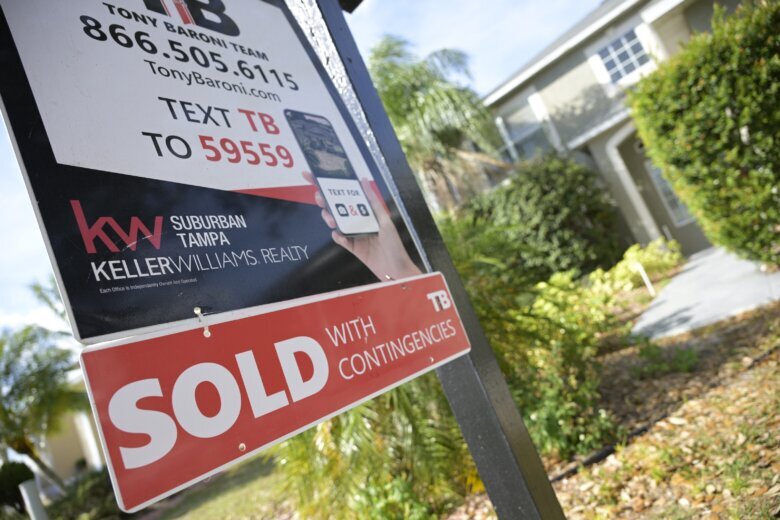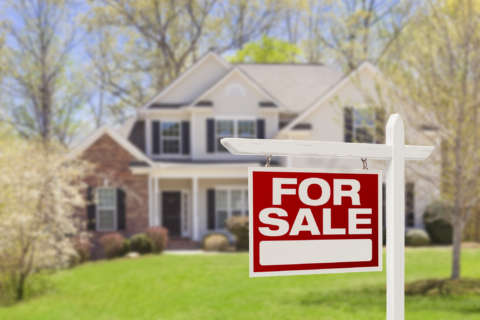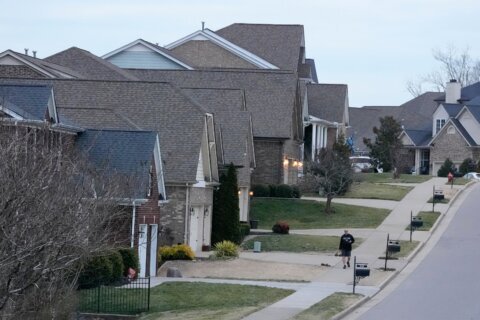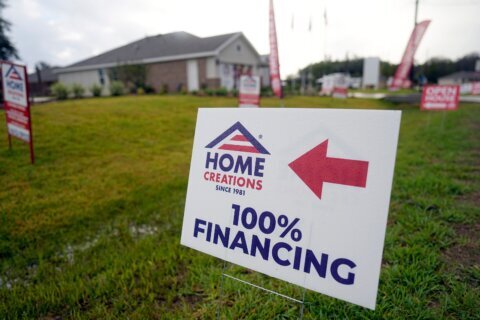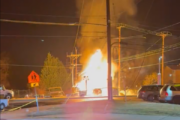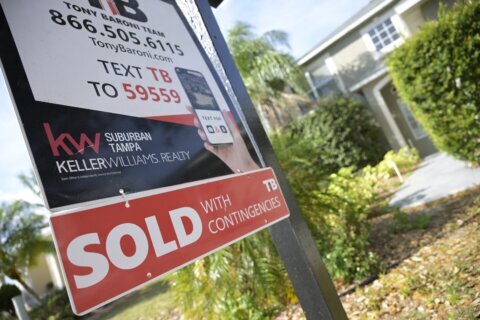
The Federal Reserve raised its key interest rate Wednesday for the 11th time in 17 months, a streak of hikes that are intended to curb inflation but that also carry the risk of going too far and triggering a recession.
One of the key questions about what comes next relates directly to the housing market.
“Certain buyers are going to be more motivated to buy something now out of fear that interest rates are going to keep going up,” said Eldad Moraru, a real estate agent with Compass Real Estate.
The move lifted the Federal Reserve’s benchmark short-term rate from roughly 5.1% to 5.3% — its highest level since 2001, and could lead to further increases in the costs of mortgages, auto loans, credit cards and business borrowing, The Associated Press reported.
People who are considering buying a home face a challenging situation.
Typically, home prices may be expected to go down when mortgage rates rise due to less demand among homebuyers.
The current landscape is different, however, as many homeowners are locked in with mortgage rates that are very low — below 3% in some cases.
That means those owners have little incentive to sell their properties and move, as buying a new home would not make sense for them financially at the moment.
“So, even though interest rates are going up, I don’t foresee prices dropping because supply is going to stay very limited,” Moraru said. “It’s all about supply and demand.”
Though inflation has eased to its slowest pace in two years, Wednesday’s hike reflects Fed officials’ concern that the economy is still growing too fast for inflation to fall back to the 2% target.
In a statement, the Fed said the economy “has been expanding at a moderate pace,” a slight upgrade from its assessment in June.
The Associated Press contributed to this report.

